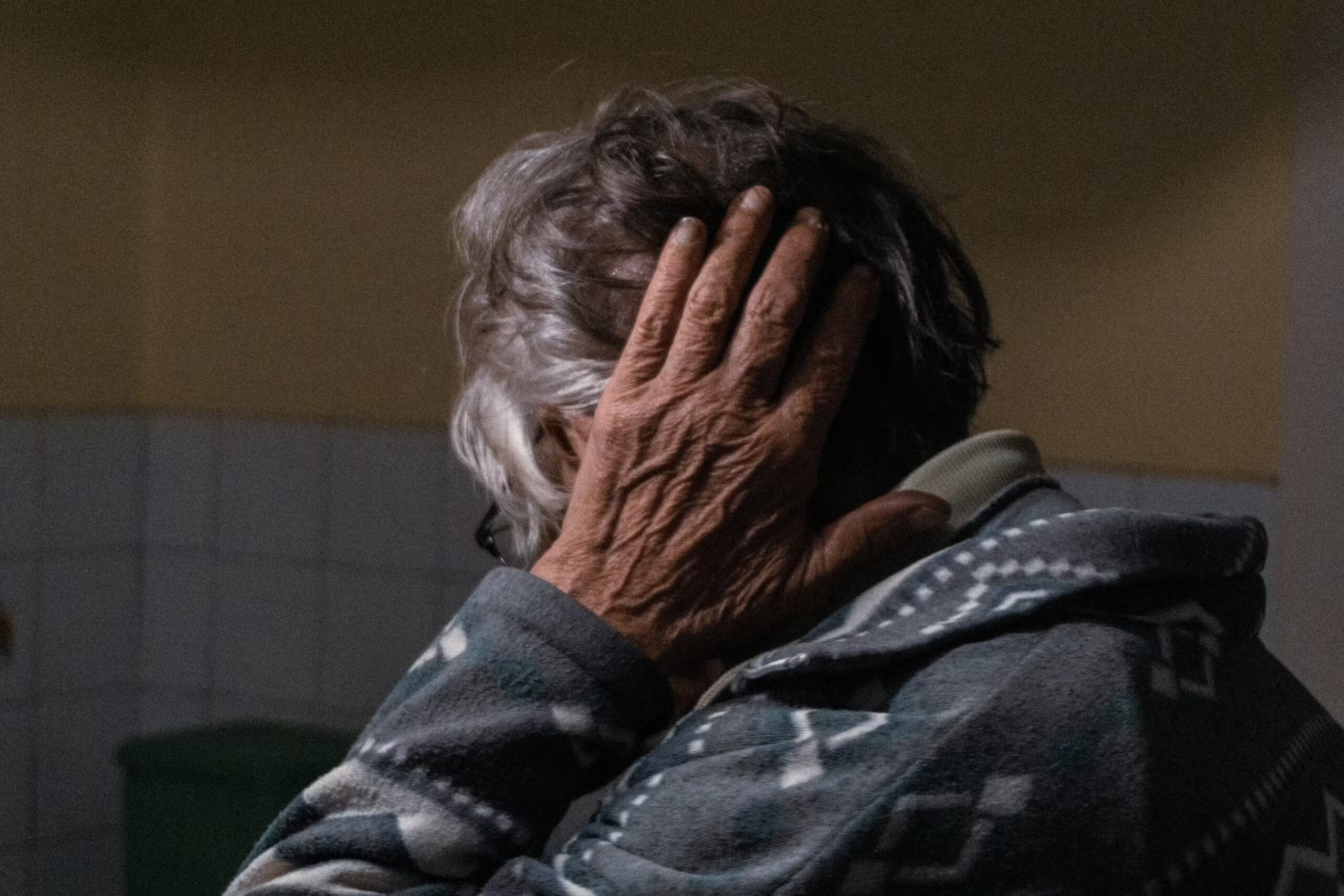Table of Content
Elder abuse constitutes any wrongful action or pattern of behavior that harms a person who is over 60 years of age. It can cause innumerable physical, emotional, or financial injuries, many of which can all too easily go unnoticed or be dismissed as a byproduct of aging. And it can take a wide variety of forms as well, meaning it’s important to pay attention to the signs if you think your loved one is potentially experiencing elder abuse.
The skilled lawyers at Dalli & Marino, LLP can help you protect your loved ones, hold abusers accountable, and work hard to get you the compensation you deserve.
Where Does Elder Abuse Happen?
Anyone in a position to care for or provide services to an elderly person could potentially commit elder abuse. Tragically, elderly people suffer harm at the hands of a wide variety of individuals and institutions. Still, there are places where elder abuse tends to happen more commonly than others. The parties responsible may include:
- A victim’s spouse, family member, friend, or co-worker
- A part- or full-time in-home caregiver
- A staff member at the victim’s nursing home or care facility
- Another resident at the victim’s nursing home or care facility
- Management of a nursing home or care facility
- A victim’s financial advisor
These are by no means the only people who might commit elder abuse. If you think your loved one may be a victim of elder abuse, it’s important to take note of any symptoms they may be experiencing and get them help as soon as possible.
What Are Forms of Elder Abuse?
Elder abuse takes many forms and can affect victims in the long term as well. Advocates for the elderly generally recognize these as the types of abusive conduct that most often harms elderly individuals.
Physical Abuse
Elder abuse can include any conduct towards an elderly person that inflicts physical harm. That includes overt physical aggression like hitting, slapping, punching, or kicking. But it might also encompass misconduct that predictably leads to accidental injuries or physical health problems, such as withholding or mis-administering medication, giving inadequate assistance in walking, getting out of bed, or bathing, or placing unrealistic physical demands on an elderly individual.
Signs of physical elder abuse might include bruising, broken bones, or a sudden worsening of health conditions that should be managed with medication.
Emotional Abuse
Inflicting severe emotional distress on an aging person can also constitute elder abuse. This might include putting an elderly individual in fear for their life or safety, mocking or unwanted teasing, or leading that individual to believe they have been abandoned or forgotten. Emotional abuse can also have a physical component, because the stress, anxiety, and depression it causes tend to make existing health conditions worse.
Signs of emotional elder abuse might include an individual becoming unusually withdrawn, fearful, or emotionally unpredictable.
Sexual Abuse
Elder abuse can take the form of unwanted sexual contact and sexual assault as well. Cases of sexual abuse of an elderly individual frequently occur in residential care settings and involve misconduct by fellow residents or staff.
Financial Exploitation
Many people routinely target elderly individuals for financial exploitation. Examples include:
- Internet scams, Ponzi schemes, and other fraudulent conduct
- Identity theft
- Theft of Social Security checks, credit or debit cards, or checkbooks
- Abuse of a guardianship or position of trust to drain or divert financial accounts
- Abuse of a relationship to convince an elderly person to make gifts or pay expenses for others
- Unauthorized transfers of property into the name of a friend, relative, or advisor
Signs of financial exploitation include the obvious, like the disappearance of funds from a bank account or mysterious charges on a credit card statement. They also may include unplanned changes in the ownership of property or the victim no longer receiving financial statements and other documentation at their mailing address.
Neglect and Isolation
We tend to think of any form of abuse as a deliberate act, but one of the most common forms of elder abuse involves a caregiver’s failure to look after an aging person. Victims of neglect and its frequent companion, isolation, go long stretches without someone tending to their basic needs or having essential contact with other human beings. Neglect and isolation can lead to severe health complications, a marked decline in mental health, and unsanitary living conditions.
Signs of elder neglect and isolation include lack of basic hygiene, bed sores, an unsanitary living environment, or injuries due to a lack of assistance with activities like getting out of bed, using the toilet, or bathing.
Contact a Knowledgeable Elder Abuse Lawyer at Dalli & Marino, LLP Today
If you or someone you love may have suffered harm caused by elder abuse, now is the time to act. You deserve compensation, and we will work hard to make sure your rights are protected. Our lawyers also speak Spanish so that we can communicate with more potential victims and get them the help they need.
Protect your rights by connecting with an experienced, compassionate elder abuse lawyer at Dalli & Marino, LLP today for a free consultation. You can contact us online or by phone at (888) 465-8790 anytime.



